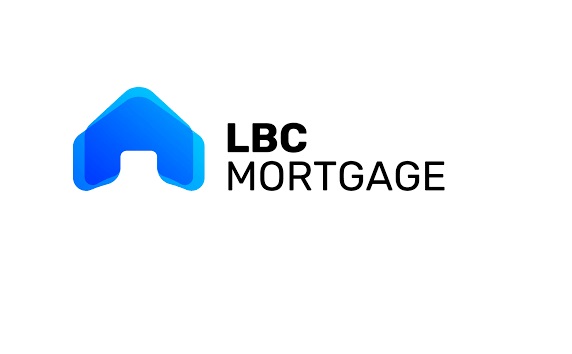First-Time Homebuyer Loans: A Comprehensive Guide

Purchasing your first home is an exciting milestone, but it can also be a daunting task, especially when it comes to financing. First-time homebuyer loans are specifically designed to assist individuals who are buying their first home by providing them with favorable terms and support. In this comprehensive guide, we will explore the ins and outs of first-time homebuyer loans, including their benefits, eligibility requirements, and available options.
What Are First-Time Homebuyer Loans?
First time home buyer loan is mortgage programs specifically tailored to assist individuals who are purchasing their first home. These loans offer various advantages, such as lower down payment requirements, flexible credit score criteria, and potentially lower interest rates. The goal is to make homeownership more accessible and affordable for first-time buyers.
Benefits of First-Time Homebuyer Loans
First-time homebuyer loans offer several benefits to aspiring homeowners:
Lower Down Payment Requirements
One of the significant advantages of first-time homebuyer loans is the lower down payment requirement. Traditional mortgage loans typically require a down payment of 20% of the purchase price. However, first-time homebuyer loans can allow down payments as low as 3% to 5%. This lower barrier to entry enables buyers to save for a smaller down payment while still achieving their dream of homeownership.
Flexible Credit Score Criteria
First-time homebuyer loans often have more flexible credit score requirements compared to conventional loans. Lenders understand that individuals buying their first home may have limited credit history. They may consider alternative credit data and be more lenient regarding credit score thresholds. This flexibility allows individuals with less-than-perfect credit scores to qualify for a mortgage and become homeowners.
Potential for Down Payment Assistance
Many first-time homebuyer loan programs offer down payment assistance options. These programs can provide grants, loans, or forgivable second mortgages to help cover the down payment and closing costs. This additional financial support can alleviate the burden of upfront expenses, making homeownership more achievable for first-time buyers.
Education and Counseling
First-time homebuyer loan programs often include education and counseling services to help buyers understand the homebuying process, budgeting, credit management, and other essential aspects of homeownership. These resources can equip buyers with the knowledge and confidence they need to make informed decisions throughout the homebuying journey.
Eligibility Requirements
Eligibility criteria for first-time homebuyer loans may vary depending on the specific loan program and lender. However, some common requirements include:
- First-Time Homebuyer Status: Generally, borrowers must be purchasing their first home. Some programs may consider individuals who haven’t owned a home in the past few years as first-time buyers.
- Income Limitations: Certain first-time homebuyer loan programs have income limitations to ensure assistance is provided to individuals who genuinely need it. These limits vary by program and location.
- Property Guidelines: The property being purchased must meet certain guidelines, such as being the borrower’s primary residence and meeting specific safety and quality standards.
It’s important to research and understand the specific eligibility requirements for the first-time homebuyer loan programs available in your area. Working with a knowledgeable mortgage professional can help you navigate the requirements and find the right loan program for your needs.
Available First-Time Homebuyer Loan Programs
Various first-time homebuyer loan programs are available, including:
- FHA Loans: Backed by the Federal Housing Administration, FHA loans are popular among first-time homebuyers due to their low down payment requirements and more lenient credit score criteria.
- USDA Loans: The U.S. Department of Agriculture offers loans specifically for homebuyers in rural areas. USDA loans often feature no down payment requirements and competitive interest rates.
- VA Loans: Veterans, active-duty military personnel, and eligible surviving spouses may qualify for VA loans, which offer no down payment requirements and other favorable terms.
- Conventional Loans: While not exclusively for first-time buyers, conventional loans can be a viable option. Some programs offer low down payment options and reduced private mortgage insurance (PMI) premiums.
- State and Local Programs: Many states and localities offer their own first-time homebuyer loan programs, often with additional down payment assistance, grants, or other incentives. Researching the programs available in your area is crucial.
Conclusion
First-time homebuyer loans are an excellent resource for individuals embarking on their homeownership journey. These loan programs offer benefits such as lower down payment requirements, flexible credit score criteria, and potential down payment assistance. By understanding the eligibility requirements and exploring the various loan programs available, first-time buyers can find a mortgage solution that aligns with their financial situation and helps them achieve the dream of owning their first home. Remember to work closely with a trusted mortgage professional who can guide you through the process and help you find the best loan program for your needs.
Also Read:- FAFSA Website Down As Joe Biden Cancels $10,000 in Student Loan Debt for Millions of Borrowers








